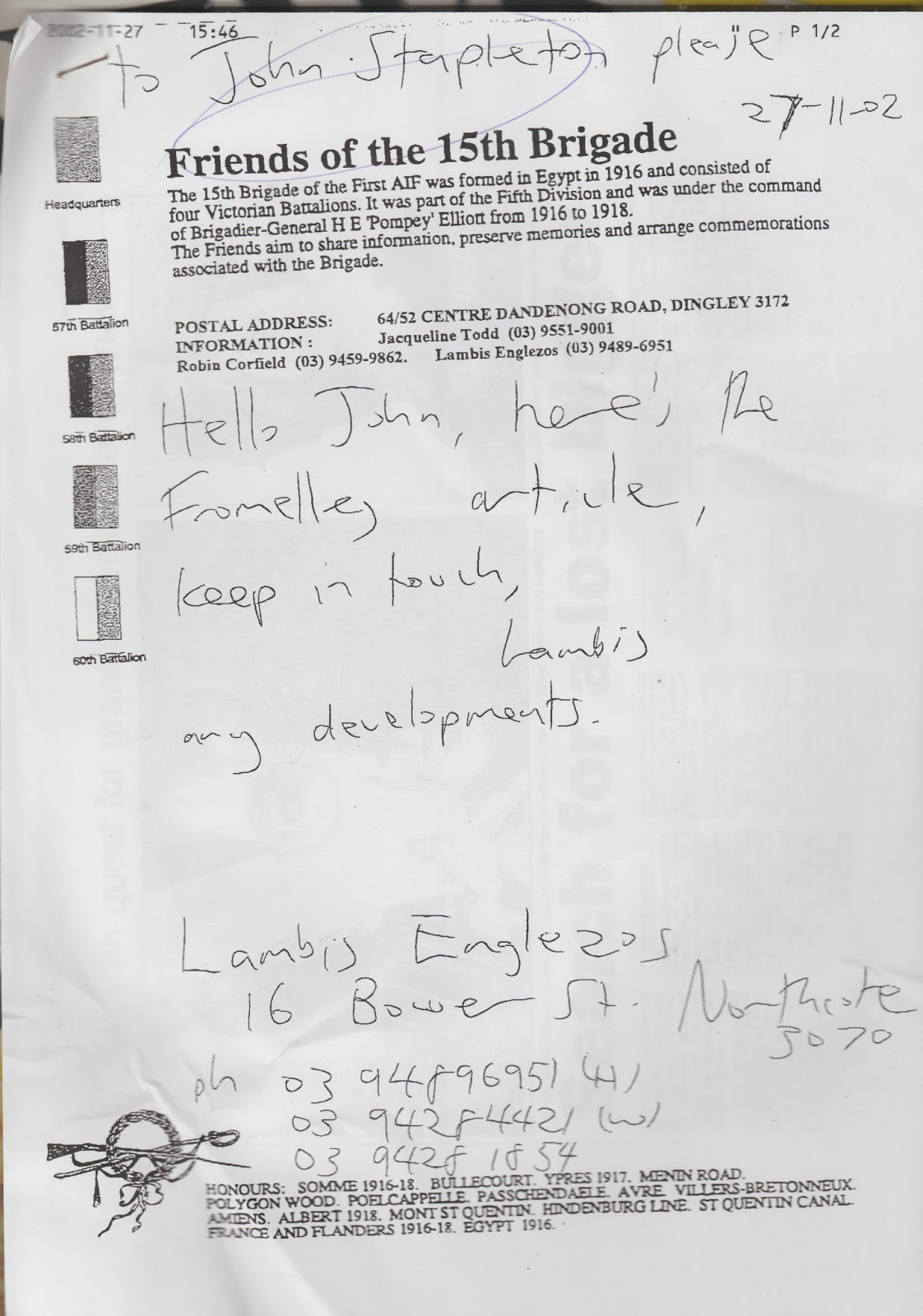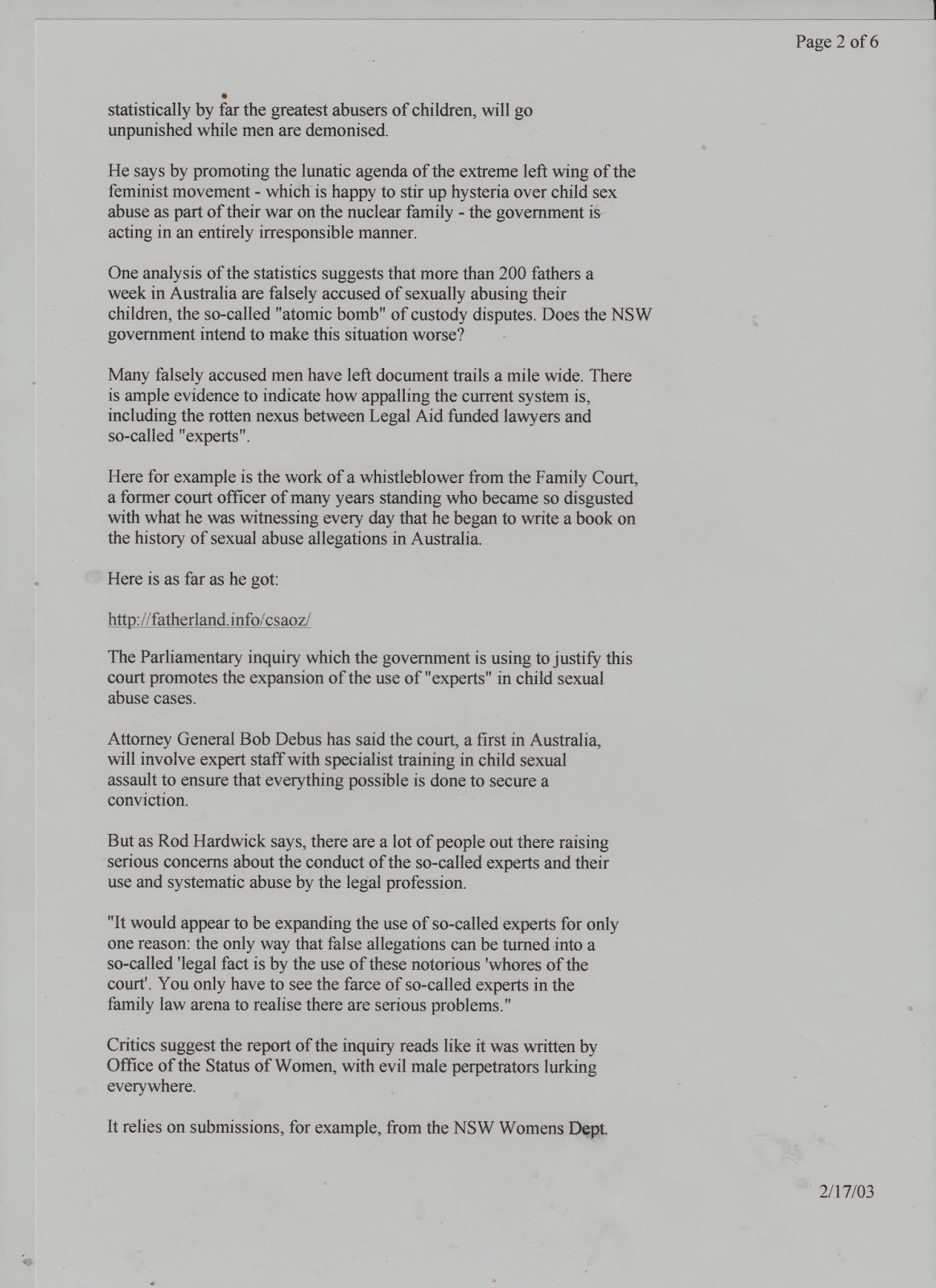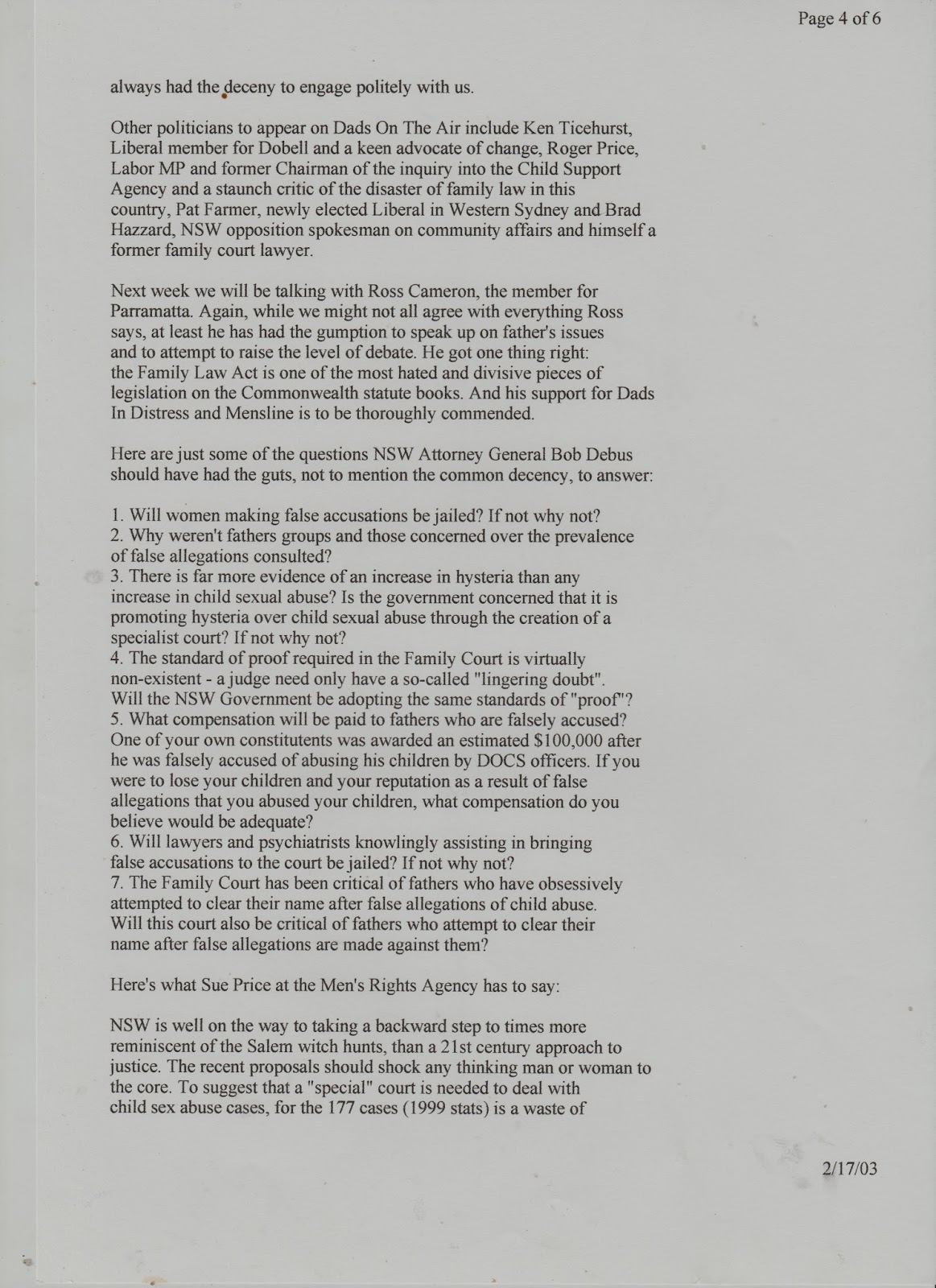In the 15 years I worked at The Australian I never once got a pay rise.
The notorious management style of News Limited and their indifference to their staff is the stuff of legend.
I was just another one.
Sometimes, when I was getting a particularly good run, I would put in a plea every fortnight.
Nothing ever came of it.
I had two kids to feed in the middle of the country's most expensive city, all difficult on a reporter's salary.
Meanwhile the bosses granted themselves magnificent pay increases, one rumoured to be up near the million mark.
Chris Mitchell was widely disliked by the journalists who worked for him. In any case, he never deigned to speak to those on the news floor, ruling with fear from his office aerie. He managed up not down. That is, he kept Rupert Murdoch happy. The rest of us were nothing but content fillers.
I asked him once, in a bar, why he never spoke to the journalists.
"Because they always want something, usually money," he replied.
It was a strange way to run a newspaper.
The Australian was a very unhappy place to work, with zero esprit de corps.
Here are a couple of links to stories about the infamous editor:
SIX FIGURE RISE AFTER GIVING MURDOCH ULTIMATIUM
https://www.theguardian.com/media/2016/sep/12/chris-mitchell-memoir-reveals-six-figure-pay-rise-after-giving-rupert-murdoch-ultimatum
VAINGLORY COVERAGE:
http://www.afr.com/brand/rear-window/the-australians-chris-mitchell-congratulates-himself-20151207-glhisl
THE UNITED STATES OF CHRIS MITCHELL https://www.themonthly.com.au/power-murdoch-man-chris-mitchell-sally-neighbour-3589
Meanwhile the bosses granted themselves magnificent pay increases, one rumoured to be up near the million mark.
Chris Mitchell was widely disliked by the journalists who worked for him. In any case, he never deigned to speak to those on the news floor, ruling with fear from his office aerie. He managed up not down. That is, he kept Rupert Murdoch happy. The rest of us were nothing but content fillers.
I asked him once, in a bar, why he never spoke to the journalists.
"Because they always want something, usually money," he replied.
It was a strange way to run a newspaper.
The Australian was a very unhappy place to work, with zero esprit de corps.
Here are a couple of links to stories about the infamous editor:
SIX FIGURE RISE AFTER GIVING MURDOCH ULTIMATIUM
https://www.theguardian.com/media/2016/sep/12/chris-mitchell-memoir-reveals-six-figure-pay-rise-after-giving-rupert-murdoch-ultimatum
VAINGLORY COVERAGE:
http://www.afr.com/brand/rear-window/the-australians-chris-mitchell-congratulates-himself-20151207-glhisl
THE UNITED STATES OF CHRIS MITCHELL https://www.themonthly.com.au/power-murdoch-man-chris-mitchell-sally-neighbour-3589










